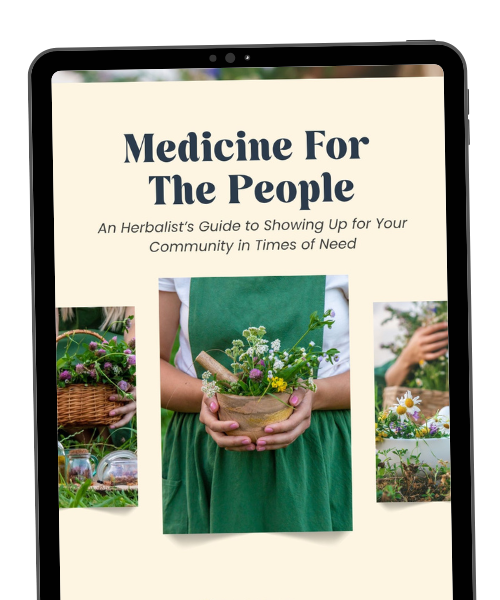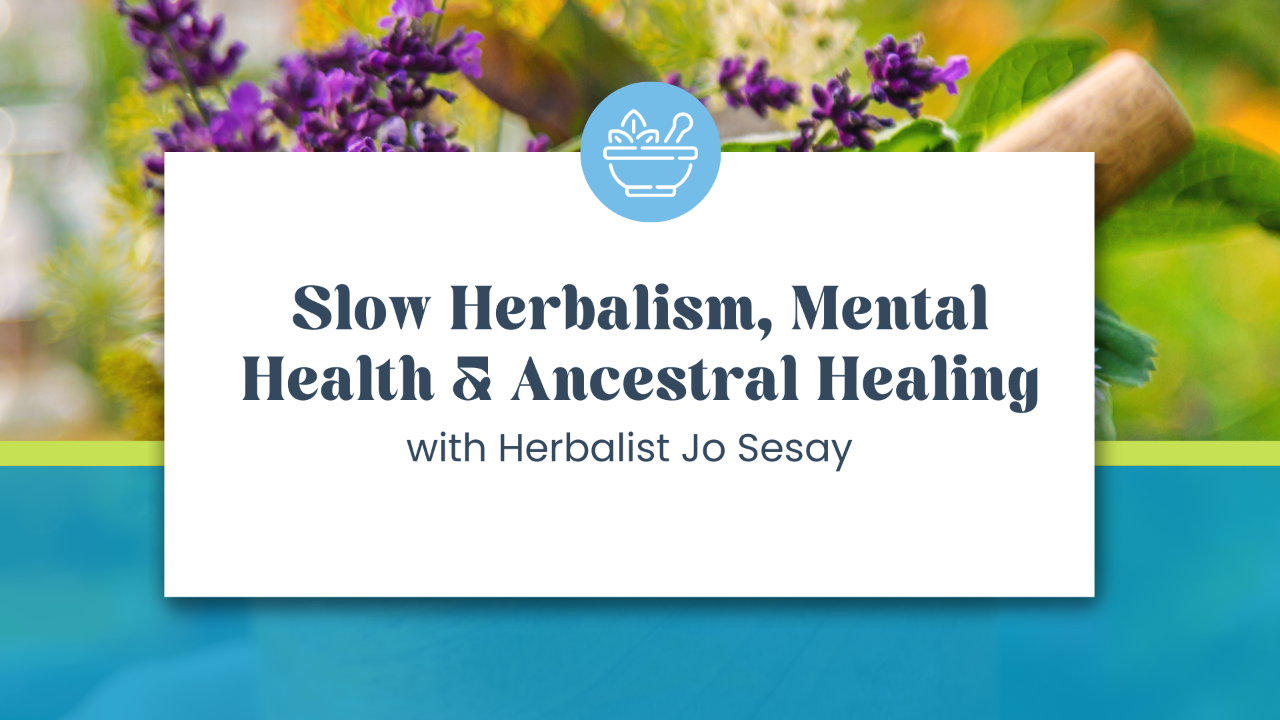Licorice Root: the Sweeter Side of Gut Health

Today we're gonna chat all about licorice. No, not Twizzlers. Nor Red Vines.
Licorice Root is our star today, and good for our bodies in so many ways. Glycyrrhiza glabra is the Latin name of this particular plant. The “Glycyrrhiza" part of the name actually means "sweet root" and glabra means "smooth" which refers to the smooth pods of the plant.
It has been used for thousands of years as a "harmonizing herb" in traditional Chinese medicine. It brings balance and it's really, really sweet and delicious. It can help make other formulations much more palatable because there are quite a few herbs that are pretty gross and nobody wants to taste them especially in our society where we really love sweet things.
The variety of properties that lend licorice so well to keeping our gut happy; licorice is demulcent (coating and cooling), mucilaginous (soothing and smoothing), and even a great immunomodulator as it's rich in polysaccharides. Did you know that 60 to 70% of your immune cells come from your gut!? And it’s so much more than just the gut; we have other body systems made up of the same mucosal tissue. So what’s good for our guts is also good for, say, our skin and respiratory systems. Licorice root is also known to increase overall vitality, and acts as an adaptogenic herb that also can help improve memory.
Why You would use it for Gut Health?
- Yummy and sweet!
- Demulcent
- Heartburn
- Inflammation & Heat
- Gastritis
- Heal Ulcers
- Hot irritable pain not associated with ulcers
- Increases production of mucous lining, which helps offer extra anti-inflammatory properties
- Pain and diarrhea
- Great for those trying to pass gas
- Gentle Laxative properties if someone is dealing with hard or really dry stool
- Fends off H Pylori
Helocibacter (H. pylori) is a type of bacteria. These germs can enter your body and live in your digestive tract. After many years, they can cause sores, called ulcers, in the lining of your stomach or the upper part of your small intestine. For some people, an infection can lead to stomach cancer. Infection with H. pylori is common. About two-thirds of the world’s population has it in their bodies.
How you can use Licorice Root:
Licorice is commonly used as a harmonizer in larger formulas, and rarely taken just by itself.
Dosage Suggestions:
Powder: 1–9 grams per day
Tea/Decoction: 1–9 grams per day ½-1 tsp in 1 cup water 3x per day boil fpr 10-15
Tincture (dried root): 1:5, 30% 2–3 mLs, three times a day
Special Considerations:
- Licorice, especially when taken in high doses for long periods of time, can cause water retention and thus increase blood pressure
- Can irritate the kidneys & interact with several different medications
- Some people seem to be more susceptible to this than others
Some Safe Practice Suggestions for Licorice:
- Take licorice in smaller doses and as part of a larger herbal formula.
- Avoid taking more than 9 grams of licorice per day for an extended period of time.
- If you decide to take larger doses of licorice, regularly check your blood pressure and discontinue use if you notice any unusual water retention in your body.
- Avoid use of licorice if you currently have high blood pressure and/or edema (swelling).
What is DGL?
- Deglycyrrhizinated Licorice (DGL) - is a processed form of licorice in which glycyrrhizin has been removed.
- DGL is especially useful for soothing and protecting the inflamed lower esophagus that people with gastroesophageal reflux disease (GERD) or heartburn experience.
- This form of licorice can be taken in higher doses without the undesirable effects of water retention or hypertension.
- DGL lozenges are commonly used for soothing mucous membranes, such as a sore throat or inflamed digestive tissues.
Caution:
- Licorice root is not recommended during pregnancy, and its safety has not been established for use during lactation.
- Licorice may also interact with corticosteroid medications by increasing their effect. If you are on corticosteroid medication, then it would be best to work with someone experienced in using these two substances together.
Looking for more help with your digestive health?
Do You Have The Right Remedies On Hand?
Whether it’s a tummy ache, sleepless nights, or boosting immunity, The Ultimate Guide to Stocking Your Natural Medicine Cabinet has the top-quality remedies you need. Tested by a clinical herbalist—and her kid too!
Grab your guide below👇🏼
We hate SPAM. We will never sell your information, for any reason.







